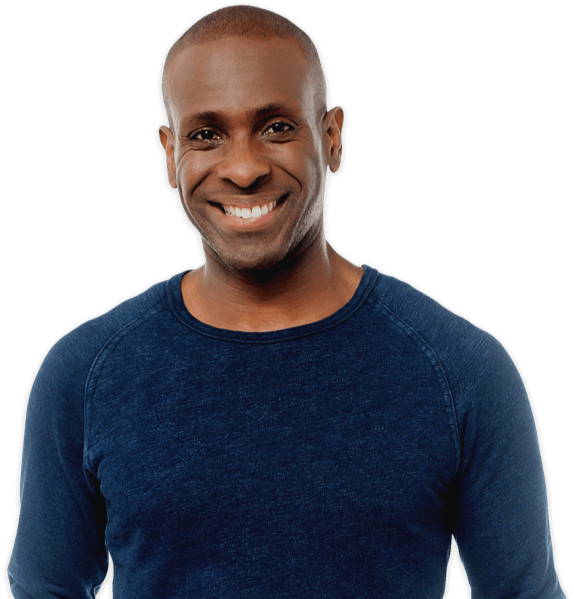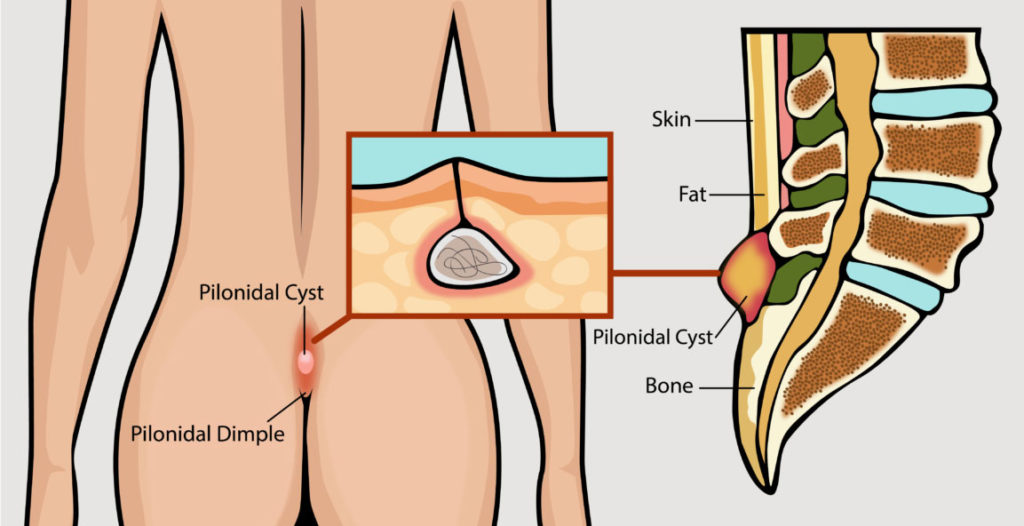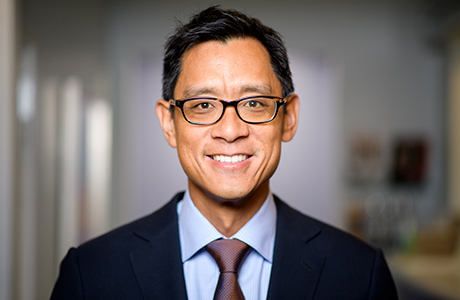You Don't Need To Suffer Any Longer!
You are not alone. We have helped hundreds of patients permanently remove their painful pilonidal cysts.



A Pilonidal Cyst is a non-contagious pocket or sac of tissue that forms on the top of the skin above the tailbone that can become infected and painful.
The plastic surgeons of North Shore Center for Plastic Surgery in Great Neck, Long Island, NY, specialize in Pilonidal Cyst treatment and can properly advise you on your surgical and antibiotic treatment options.


Long Island Plastic Surgeon, Dr. Lawrence Lin is a Board Certified Plastic Surgeon specializing in Breast Reduction Surgery.
Dr. Lin is Board Certified in Plastic Surgery and has hospital privileges at the following institutions: North Shore University Hospital-Manhasset, Long Island Jewish Medical Center, Syosset Hospital, Winthrop University Hospital, St. Francis Hospital, Plainview Hospital, Glen Cove Hospital, Lenox Hill Hospital and ProHealth Ambulatory Surgery Center.
The two most common theories on what causes a pilonidal cyst are that they are caused by ingrown hairs or trauma to the tailbone region. In fact, when a Pilonidal Cyst or Pilonidal Abscess is removed it’s common to find hair follicles inside the cyst cavity, hence the name “pilonidal” which means “nest of hair”.
Patients who have a Pilonidal Cyst will often experience:
Dr. Lawrence Lin and Dr. Jacob Cohen-Kashi diagnose patients who believe they have a Pilonidal Cyst first by doing a physical examination. Through the physical examination, the doctors at North Shore Center for Plastic Surgery will determine if the region in question is indeed a Pilonidal Cyst or a Pilonidal Abscess.
The two most common ways to treat a pilonidal cyst are antibiotics and surgical removal. The proper treatment method and the options available with each treatment type can be determined after a proper physical examination and diagnosis.
Antibiotics are used to calm the area when it is an active draining Pilonidal Abscess, and also peri-operatively at the time of surgical excision.
Recurrence of Pilonidal Cysts is not common once excised, but non-healing areas around the site of excision can occur requiring local wound care.
If you suspect that you have a Pilonidal Cyst, contact Dr. Lawrence Lin and Dr. Jacob Cohen-Kashi at North Shore Center for Plastic Surgery to setup an appointment.